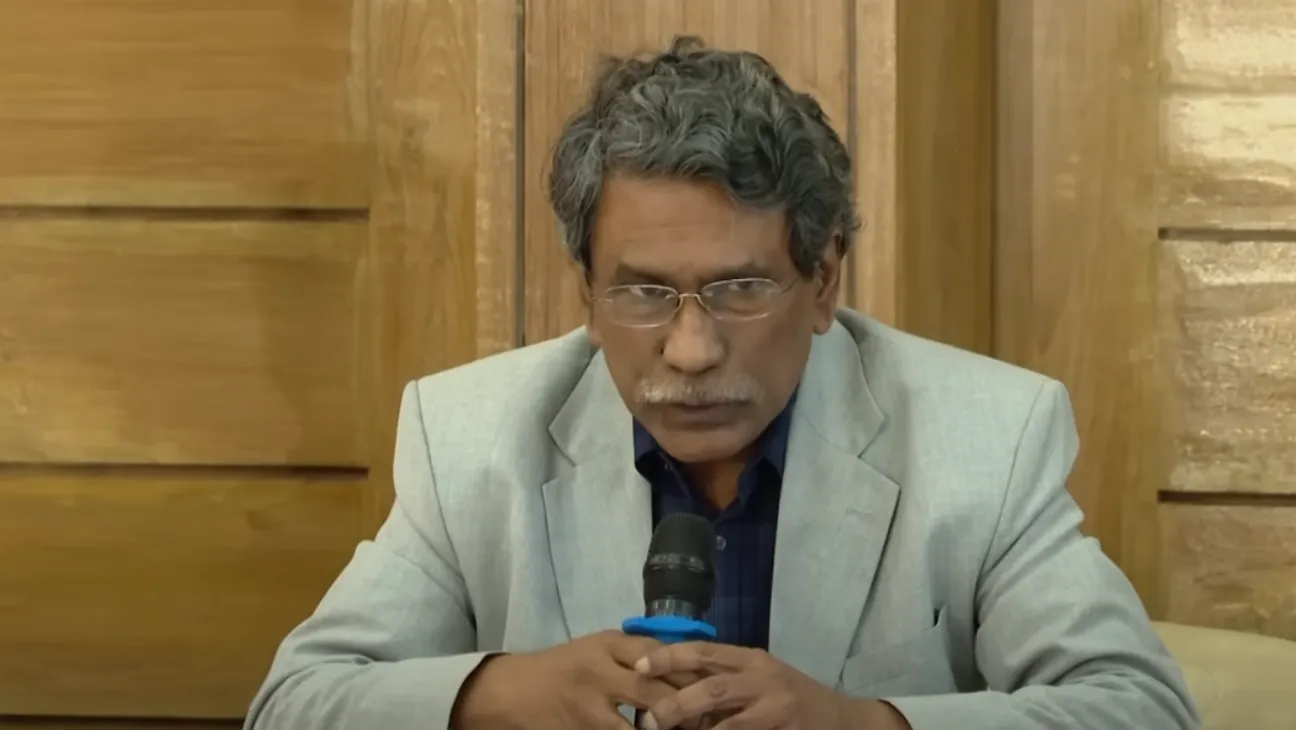The National Consensus Commission is aiming to reach “rational progress” in ongoing political reform talks by the end of July, according to Vice-Chairman Professor Ali Riaz.
Speaking Sunday during the 12th day of discussions at the Foreign Service Academy in Dhaka, Riaz emphasized the urgency of the process, framing it as a responsibility to the victims of last year’s July–August mass protests.
“If not by the 30th, we must reach a logical stage by the 31st,” he said. “That’s our duty, and we owe it to the martyrs of that uprising.”
Sunday’s session included debate on several critical issues: the structure of a possible caretaker government, procedures for appointing the Chief Justice, and the criteria for declaring a state of emergency.
Commission members attending included Justice Emdadul Haque, Dr Badiul Alam Majumder, Dr Md Ayub Mia, Dr Iftekharuzzaman, and Safar Raj Hossain. Monir Haider, Special Assistant to the Chief Adviser, was also present.
In his opening comments, Riaz recognized the range of perspectives present in the room. “As you belong to political parties, you will have specific positions. That’s normal,” he said. “But I ask you to try standing in the middle, even if temporarily. If the people later give you a mandate, you can change course. But compromise now is what will move us forward.”
He added that while the commission is carefully reviewing each party’s input, it is ultimately the willingness to compromise that will determine whether any reform can happen.
“If everyone clings to their position, we’ll stay stuck exactly where we’ve always been,” he said.
Representatives from 30 political parties participated in the latest session, including the Bangladesh Nationalist Party (BNP), Bangladesh Jamaat-e-Islami, Jatiya Nagorik Party (NCP), Gono Odhikar Parishad, Gana Sanghati, the Communist Party of Bangladesh (CPB), Biplobi Workers Party, and the Amar Bangladesh (AB) Party.
The negotiations have now entered round two. Since kicking off, the commission has put some heavy-hitting issues on the table—they’re discussing how long a prime minister can serve, how presidential elections should be run, and even the fundamental rules of governing. They’re also trying to figure out a fair way to draw up parliamentary boundaries.
Naturally, some people are doubtful this will go anywhere, but Riaz says he’s feeling hopeful. He’s been encouraged by how dedicated everyone seems to be.
It’s unclear if the current momentum will deliver an agreement. But for now, the commission is pressing on, betting that political will turns into action.









